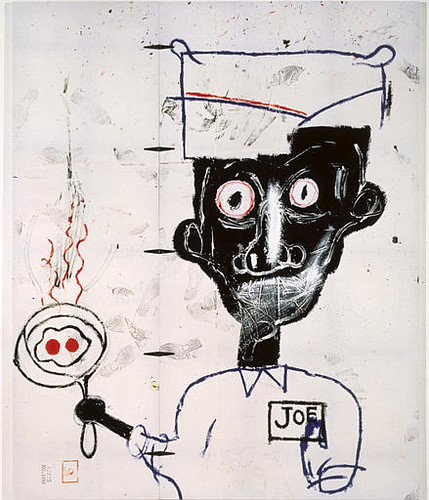I've been busy, so even though I wrote this a while ago, I'm just now getting the opportunity to post it.
And by the way, since it's that time of year already, I hope all of you will have a wonderful and relaxing Thanksgiving.
My Antonia
Willa Cather
In Ways of Seeing John Berger asserts that it is difficult for an artist to successfully portray the object of his desire as anything other than an object. Antonia, the title character of this book, is the object of the narrator’s desire, and also, purportedly, of the author’s. Cather triumphs as a writer however, and gives us a dynamic portrait of Antonia, a sometimes desirable, sometimes offensive woman. Antonia is as far from caricature as a real person, although I’m sure that hasn’t stopped students in college courses across the country from trying. How so? Well, here’s a faux-shocking summary for you: Cather was probably a lesbian, and Antonia has many traditionally masculine characteristics. There, now you don’t need to read any of those papers.
Ways of Seeing
John Berger
Berger’s exploration of the relationship between art and capital doubles as a short and easily understood explanation of Marxist philosophy. He’s also perceptive and entertaining on the subject of art.
Riddley Walker
Russell Hoban
Powell’s Bookstore stocks this novel, written about post-apocalyptic England, in the science fiction and fantasy section. However, it would be equally at home in the literature section. In other words, Riddley Walker is both brilliant and entertaining, and the reader will be rewarded according to what he brings to the reading.
Seven Against Thebes
Translated by Anthony Hecht and Helen H. Bacon
Aeschylus
I decided to learn more about Greek drama when I was reading Nietzsche’s The Birth of Tragedy. Nietzsche compared Aeschylus to Euripides, to the detriment of the latter. I like both writers, but this excellent version of Seven Against Thebes, a play often discounted by critics, actually shows Aeschylus at his best and also proves how much translation counts. The writing is stark and dramatic, like some of the best Modernist poetry.
The Eclipse of Art
Tackling the Crisis in Art Today
Julian Spalding
In spite of a long and misplaced diatribe against John Berger, the author succeeds in making his point. Spalding clearly loves modern art but he’s sick of watching so many talented artists struggle while more gimmicky artists get all the acclaim and money. He seems to miss a central irony, however. He and Berger are not so different. Both want to free art, as far as possible, from the judgment of the corporate-minded marketplace.
Wednesday, November 21, 2007
Subscribe to:
Comments (Atom)
